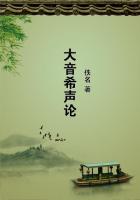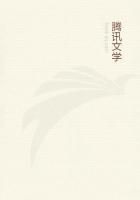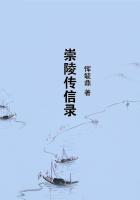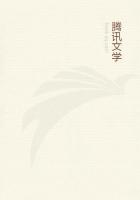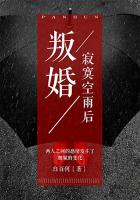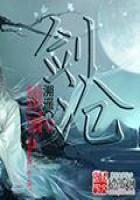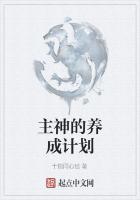But perhaps, for our purpose, the most instructive of these mimic executions is the following Bohemian one. In some places of the Pilsen district (Bohemia) on Whit-Monday the King is dressed in bark, ornamented with flowers and ribbons; he wears a crown of gilt paper and rides a horse, which is also decked with flowers. Attended by a judge, an executioner, and other characters, and followed by a train of soldiers, all mounted, he rides to the village square, where a hut or arbour of green boughs has been erected under the May-trees, which are firs, freshly cut, peeled to the top, and dressed with flowers and ribbons. After the dames and maidens of the village have been criticised and a frog beheaded, the cavalcade rides to a place previously determined upon, in a straight, broad street. Here they draw up in two lines and the King takes to flight. He is given a short start and rides off at full speed, pursued by the whole troop. If they fail to catch him he remains King for another year, and his companions must pay his score at the ale-house in the evening. But if they overtake and catch him he is scourged with hazel rods or beaten with the wooden swords and compelled to dismount. Then the executioner asks, Shall I behead this King? The answer is given, Behead him ; the executioner brandishes his axe, and with the words, One, two, three, let the King headless be! he strikes off the King s crown. Amid the loud cries of the bystanders the King sinks to the ground; then he is laid on a bier and carried to the nearest farmhouse.
In most of the personages who are thus slain in mimicry it is impossible not to recognise representatives of the tree-spirit or spirit of vegetation, as he is supposed to manifest himself in spring. The bark, leaves, and flowers in which the actors are dressed, and the season of the year at which they appear, show that they belong to the same class as the Grass King, King of the May, Jack-in-the-Green, and other representatives of the vernal spirit of vegetation which we examined in an earlier part of this work. As if to remove any possible doubt on this head, we find that in two cases these slain men are brought into direct connexion with May-trees, which are the impersonal, as the May King, Grass King, and so forth, are the personal representatives of the tree-spirit. The drenching of the Pfingstl with water and his wading up to the middle into the brook are, therefore, no doubt rain-charms like those which have been already described.
But if these personages represent, as they certainly do, the spirit of vegetation in spring, the question arises, Why kill them? What is the object of slaying the spirit of vegetation at any time and above all in spring, when his services are most wanted? The only probable answer to this question seems to be given in the explanation already proposed of the custom of killing the divine king or priest. The divine life, incarnate in a material and mortal body, is liable to be tainted and corrupted by the weakness of the frail medium in which it is for a time enshrined; and if it is to be saved from the increasing enfeeblement which it must necessarily share with its human incarnation as he advances in years, it must be detached from him before, or at least as soon as, he exhibits signs of decay, in order to be transferred to a vigorous successor. This is done by killing the old representative of the god and conveying the divine spirit from him to a new incarnation. The killing of the god, that is, of his human incarnation, is therefore merely a necessary step to his revival or resurrection in a better form. Far from being an extinction of the divine spirit, it is only the beginning of a purer and stronger manifestation of it. If this explanation holds good of the custom of killing divine kings and priests in general, it is still more obviously applicable to the custom of annually killing the representative of the tree-spirit or spirit of vegetation in spring. For the decay of plant life in winter is readily interpreted by primitive man as an enfeeblement of the spirit of vegetation; the spirit has, he thinks, grown old and weak and must therefore be renovated by being slain and brought to life in a younger and fresher form. Thus the killing of the representative of the tree-spirit in spring is regarded as a means to promote and quicken the growth of vegetation.
For the killing of the tree-spirit is associated always (we must suppose) implicitly, and sometimes explicitly also, with a revival or resurrection of him in a more youthful and vigorous form. So in the Saxon and Thüringen custom, after the Wild Man has been shot he is brought to life again by a doctor; and in the Wurmlingen ceremony there figures a Dr. Iron-Beard, who probably once played a similar part; certainly in another spring ceremony, which will be described presently, Dr. Iron-Beard pretends to restore a dead man to life. But of this revival or resurrection of the god we shall have more to say anon.

